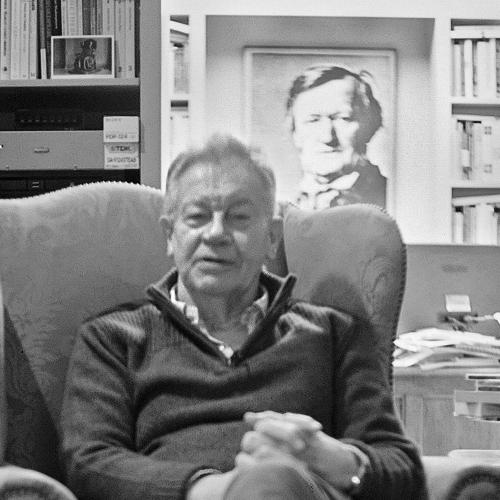COMPOSERS: Bruckner
LABELS: CSO Resound
ALBUM TITLE: Bruckner
WORKS: Symphony No. 9
PERFORMER: Chicago Symphony Orchestra/ Riccardo Muti
CATALOGUE NO: CSOR 901 170
There are many valid ways of performing Bruckner’s last, unfinished symphony. At the very least there should be powerful apocalyptic and devastating passages, with others of uneasy calm and possibly of consolation. Of the innumerable accounts now available disc, I would say that Michael Gielen’s most recent recording (SWR Music), Carlo Maria Giulini’s with the Vienna Philharmonic and Wilhelm Furtwängler’s with the Berlin Philharmonic (both on Deutsche Grammophon), provide the most complete and indeed overwhelming accounts, though there are many other very fine ones, if you aren’t in the strongest frame of mind.
The Chicago Symphony Orchestra has recorded the symphony several times, from Daniel Barenboim’s first account onwards, and its familiar virtues, above all perhaps its incredibly gorgeous brass and woodwind sections, can be heard here to stunning effect. Yet nothing happens beneath the surface. If you can imagine Bruckner rewritten by Richard Strauss, this is it.
p.p1 {margin: 0.0px 0.0px 0.0px 0.0px; line-height: 9.5px; font: 8.5px MusicGaramond} p.p2 {margin: 0.0px 0.0px 0.0px 0.0px; text-indent: 8.5px; line-height: 9.5px; font: 8.5px MusicGaramond} span.s1 {font-kerning: none}
Riccardo Muti is famous for the polish of his performances, and he has shown an interest in Bruckner from time to time, recording Symphonies Nos 4 and 6 with some success. Here, however, there is little suspense in the Beethoven Nine-like opening, no savageness in the great unison theme, no struggle in the first movement’s development. I thought that the stampede of the Scherzo might ignite the performance, but it is just heavy. And the third movement, with its Parsifal-like opening, its hesitations and its dreadful march to the abyss, quite lacks all the disparate qualities which make it one of music’s most gruelling and profound experiences.
Michael Tanner
